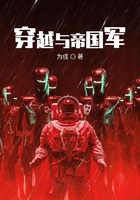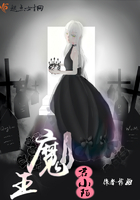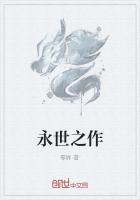The mass-meeting in the Madison Square Garden which was to help set Cuba free was finished, and the people were pushing their way out of the overheated building into the snow and sleet of the streets. They had been greatly stirred and the spell of the last speaker still hung so heavily upon them that as they pressed down the long corridor they were still speaking loudly in his praise.
A young man moved eagerly amongst them, and pushed his way to wherever a voice was raised above the rest. He strained forward, listening openly, as though he tried to judge the effect of the meeting by the verdict of those about him.
But the words he overheard seemed to clash with what he wished them to be, and the eager look on his face changed to one of doubt and of grave disappointment. When he had reached the sidewalk he stopped and stood looking back alternately into the lighted hall and at the hurrying crowds which were dispersing rapidly. He made a movement as though he would recall them, as though he felt they were still unconvinced, as though there was much still left unsaid.
A fat stranger halted at his elbow to light his cigar, and glancing up nodded his head approvingly.
"Fine speaker, Senator Stanton, ain't he?" he said.
The young man answered eagerly. "Yes," he assented, "he is a great orator, but how could he help but speak well with such a subject?""Oh, you ought to have heard him last November at Tammany Hall,"the fat stranger answered. "He wasn't quite up to himself to-night. He wasn't so interested. Those Cubans are foreigners, you see, but you ought to heard him last St. Patrick's day on Home Rule for Ireland. Then he was talking! That speech made him a United States senator, I guess. I don't just see how he expects to win out on this Cuba game. The Cubans haven't got no votes."The young man opened his eyes in some bewilderment.
"He speaks for the good of Cuba, for the sake of humanity," he ventured.
"What?" inquired the fat stranger. "Oh, yes, of course. Well, Imust be getting on. Good-night, sir."
The stranger moved on his way, but the young man still lingered uncertainly in the snow-swept corridor shivering violently with the cold and stamping his feet for greater comfort. His face was burned to a deep red, which seemed to have come from some long exposure to a tropical sun, but which held no sign of health.
His cheeks were hollow and his eyes were lighted with the fire of fever and from time to time he was shaken by violent bursts of coughing which caused him to reach toward one of the pillars for support.
As the last of the lights went out in the Garden, the speaker of the evening and three of his friends came laughing and talking down the long corridor. Senator Stanton was a conspicuous figure at any time, and even in those places where his portraits had not penetrated he was at once recognized as a personage.
Something in his erect carriage and an unusual grace of movement, and the power and success in his face, made men turn to look at him. He had been told that he resembled the early portraits of Henry Clay, and he had never quite forgotten the coincidence.
The senator was wrapping the collar of his fur coat around his throat and puffing contentedly at a fresh cigar, and as he passed, the night watchman and the ushers bowed to the great man and stood looking after him with the half-humorous, half-envious deference that the American voter pays to the successful politician. At the sidewalk, the policemen hurried to open the door of his carriage and in their eagerness made a double line, through which he passed nodding to them gravely. The young man who had stood so long in waiting pushed his way through the line to his side.















